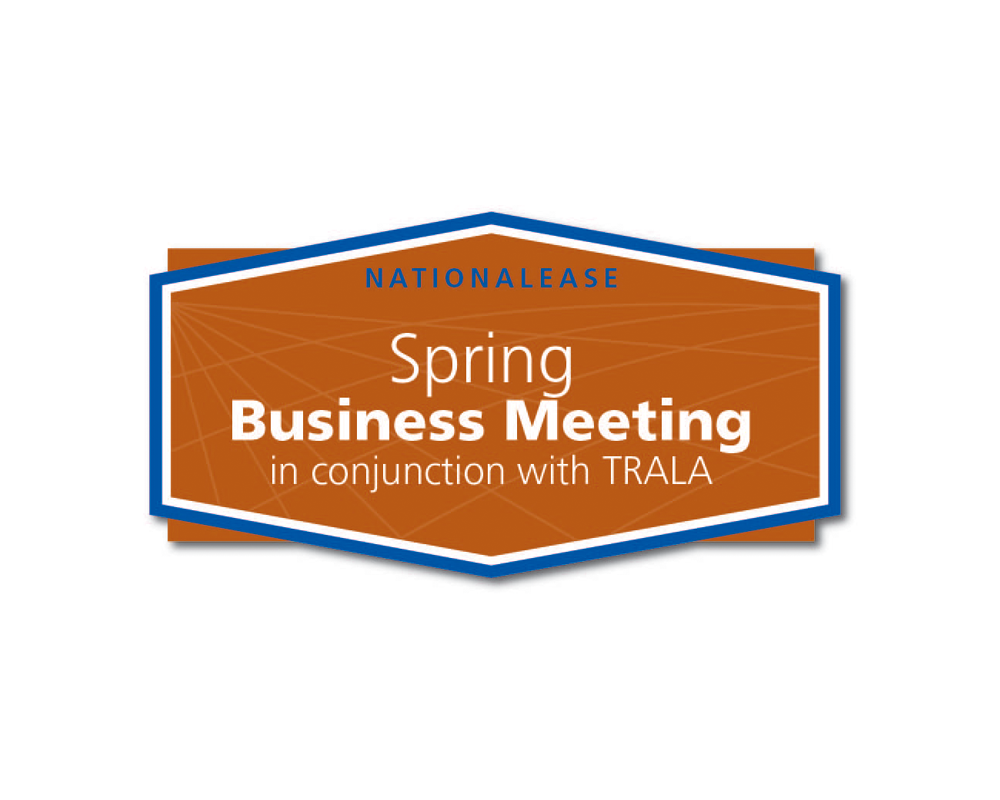We live in a world that seems to reject failure, yet failing is often the precursor of success.
In a recent IdeaXchange blog, “Moving your company beyond the ordinary,” I wrote about how, in today’s increasingly competitive business environment, success very much depends on differentiating yourself from the rest; to “stand for something special.” My blog was referring to a presentation given by Bill Taylor, entrepreneur and co-founder of Fast Company.
Taylor spoke about the need for a company to be the only one that does what it does. That might seem to be difficult if you are offering a basic product or service, but Taylor indicated that even the most basic businesses can be innovative in the way they deliver services or in the ways they interact with customers. Throughout his presentation, he referenced different companies and business leaders who led the way to success through innovation; however, he also noted, “There is no success without setbacks.” Companies should expect that not every new idea will work out and employees should never feel that failure is a punishable offense. Taylor says, “There have been too many missed opportunities because people are afraid to go out on a limb.”
That got me to thinking about the importance of failure … not that one should look forward to it, but that one should learn from it. Last year, an article in The Atlantic, “The Value of Failing,” covered a new research center at Columbia University with a goal of discovering how to turn failure into success. What they found based on earlier research is that when high school students learned about the failures and struggles experienced by scientists like Einstein and Marie Curie, their science grades improved. But students who only learned about the successes of these scientists saw a decline in their grades. That may correlate to the reality that students today are pushed to succeed with little recognition that failing can actually be a motivator; that great things are discovered, invented, and created after people tried and tried again.
What is true for high school students is true for too many of us. We only see the successes of people without realizing how many tries they made before they achieved what they wanted. We don’t see what these success stories might have learned from multiple failures. Companies are often the most fearful when it comes to falling well short of your goals. Yet the world’s richest man understands the value of failure. In a letter to Amazon shareholders, Jeff Bezos stated, “Failure comes part and parcel with invention. It’s not optional. We understand that and believe in failing early and iterating until we get it right.” And we all need to remember how many years Amazon operated in the red, losing money consistently for years, after its IPO in 1997.
When you look at your own business, do you have people willing to take chances in order to grow and achieve success? Are you willing to take a risk? If so, accept that some of your attempts might fail … and learn from those failures. Use it as a tool to see what works and what doesn’t and do better next time.





